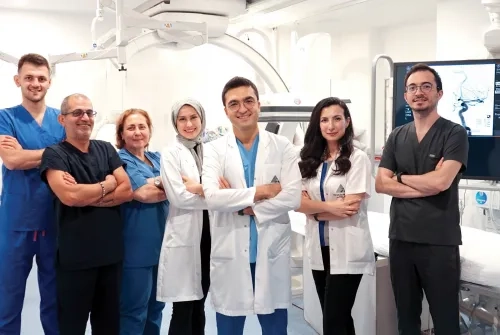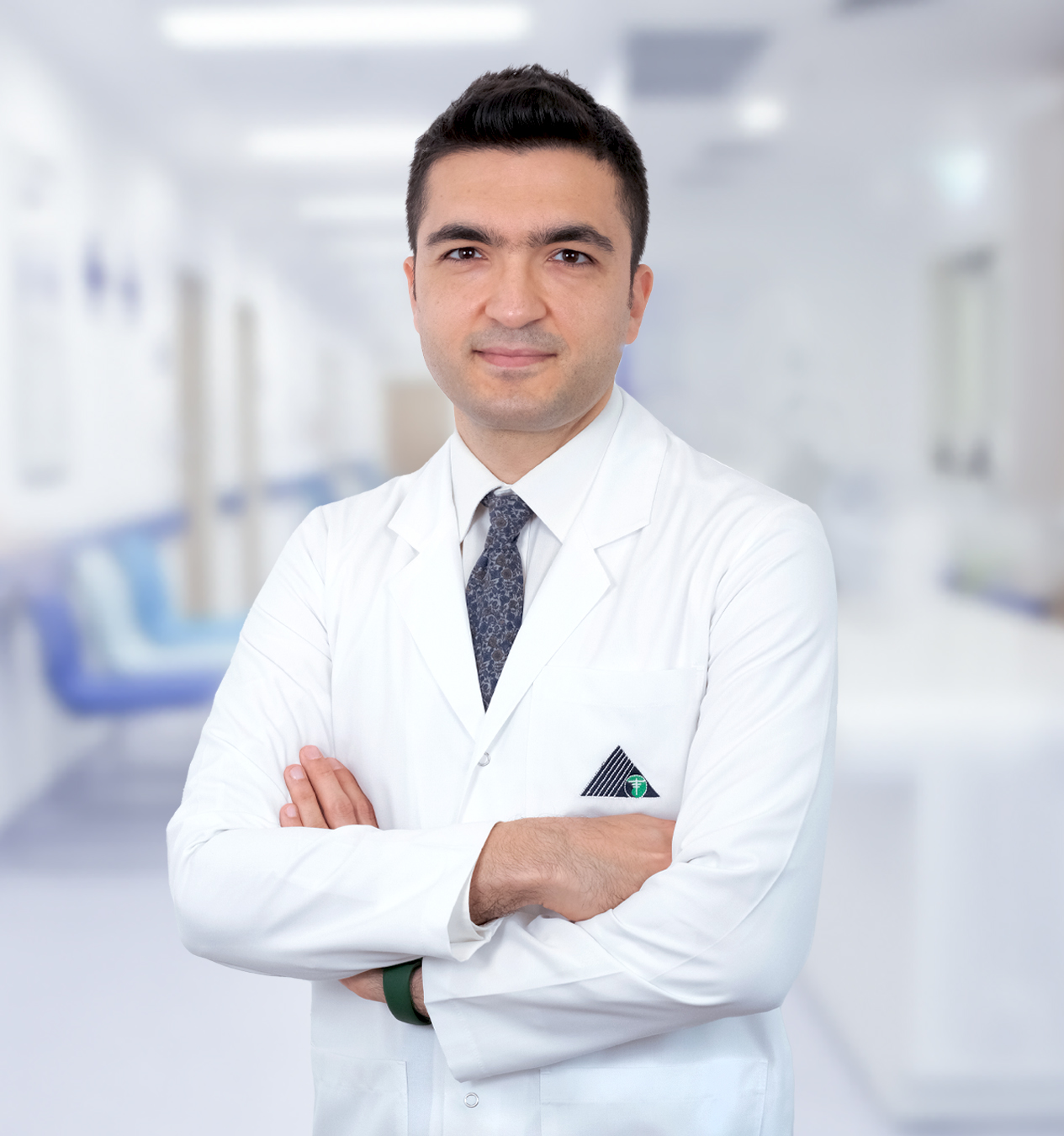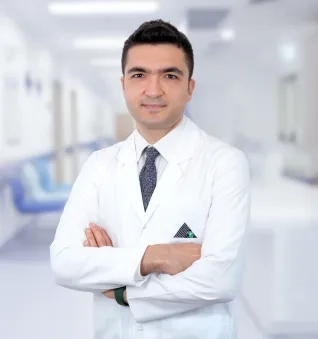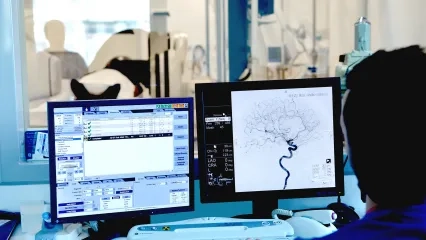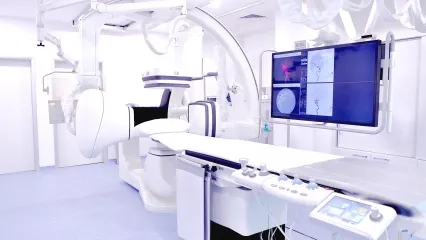Alo Yeditepe
Yeditepe University Interventional Radiology Unit Selected as 'Fellow Training Center
International Success in Interventional Radiology
In line with the decision taken by the European Interventional Radiology Society (CIRSE; Cardiovascular and Interventional Radiological Society of Europe), experts from different countries of Europe will be able to come to Yeditepe University Hospitals for higher specialization training.
The training program, which will be carried out under the supervision of Assoc. Prof. Dr. Melih TOPCUOĞLU, will be funded by the European Association of Interventional Radiology.
Interventional Radiology Specialist Assoc. Prof. Dr. TOPÇUOĞLU gave information about the training program to be carried out and the branch of interventional radiology and evaluated their selection as a training center. Dr. Melih TOPCUOĞLU said, "We are one of the 28 fellow training centers in Europe. It is very important that our specialist colleagues from abroad will take part in the Interventional Radiology Unit of our hospital for higher specialization training. In this period when we celebrate the 100th Anniversary of our Republic, it also shows the point that Turkish interventional radiology has reached at the international level." "It has become a source of pride. We will pass on our experiences and knowledge to future experts. We will have the opportunity to increase this knowledge by sharing it," he said.
“Non-surgical Treatment Opportunity for Many Problems in Suitable Patients”
Assoc. Prof. Dr. TOPÇUOĞLU also gave information about interventional radiology in his speech. Dr. Topcuoğlu said that Interventional Radiology is a branch of science that offers non-surgical solutions in the diagnosis and treatment of patients by using imaging methods such as X-ray, Ultrasonography, Computed Tomography and Angiography.
Assoc. Prof. Dr. TOPÇUOĞLU reminds us that such non-surgical solutions are being used more frequently today, when body integrity is essential and is becoming increasingly popular. Dr. Topcuoğlu gave the following information: “Interventional radiology offers many options at this point. It is possible to get rid of myomas, which are common in women, with this method in suitable patients. Without general anesthesia, intravenous angiography is performed and the vessels feeding the fibroids are closed. Similarly, we use it in patients who have urinary problems due to prostate enlargement. The arteries that cause the enlargement of the prostate can be closed by entering the arteries that cause the enlargement of the prostate, without surgery, without general anesthesia, stitches, cuts or wounds. In this way, the patient's urinary complaints can be relieved and prostate enlargement can be reduced. Another field of study is cerebrovascular diseases. Treatments such as stopping the vascular supply of vascular bubbles in the brain, i.e. aneurysms, vascular tangles, vascular occlusion such as stroke, or head and neck tumors, become possible. Likewise, non-surgical burning of growths or nodules in the thyroid gland or shutting off the thyroid gland nutrition intravenously are among these treatments.
“Treatment is Offered with a Multidisciplinary Approach”
Assoc. Prof. Dr. Melih TOPCUOĞLU stated that Interventional Radiology is also used in cancer treatment and said, “In the diagnosis and treatment of cancerous tissues, we first diagnose the diseases with the non-surgical methods in the imaging guide, and then, through a multidisciplinary study with the oncology department, we contribute to the treatment of the patient with the methods we call chemoembolization, radioembolization or ablation, appropriate to the patient's clinic.” he said.
It Provides a Significant Advantage, Especially in Patients Who Cannot Be Operated
“Another advantage provided by Interventional Radiology is the solutions it offers to patients with medical conditions who cannot undergo surgery or who are not suitable for general anesthesia,” said Assoc. Dr. Topçuoğlu continued his words as follows: “In patients where surgery or general anesthesia is not suitable due to the presence of severe heart disease, uncontrolled diabetes, chronic kidney disease and multiple chronic diseases, the treatment options offered by Interventional Radiology include alternative methods without the need for local anesthesia and surgery, thus saving lives in these cases.” is becoming.
“Our country is very developed both scientifically and in terms of treatment”
Underlining that Turkey is at a very important point in terms of both scientific research and treatment opportunities in the field of Interventional Radiology, Assoc. Prof. Dr. Melih TOPCUOĞLU said, “Previously, we had colleagues who went abroad to receive training in this field. Currently, our universities, especially in big cities, are in a position to provide training to physicians coming from abroad. "The selection of Yeditepe University Hospitals Interventional Radiology Unit as a European training center was an important indicator in this sense." He said.

